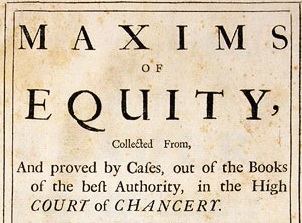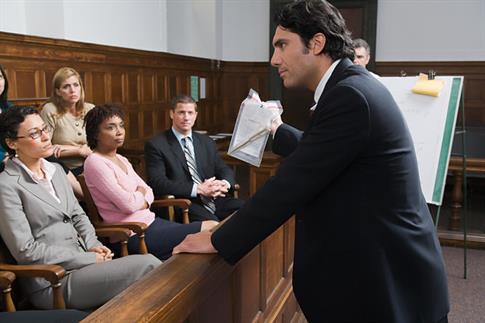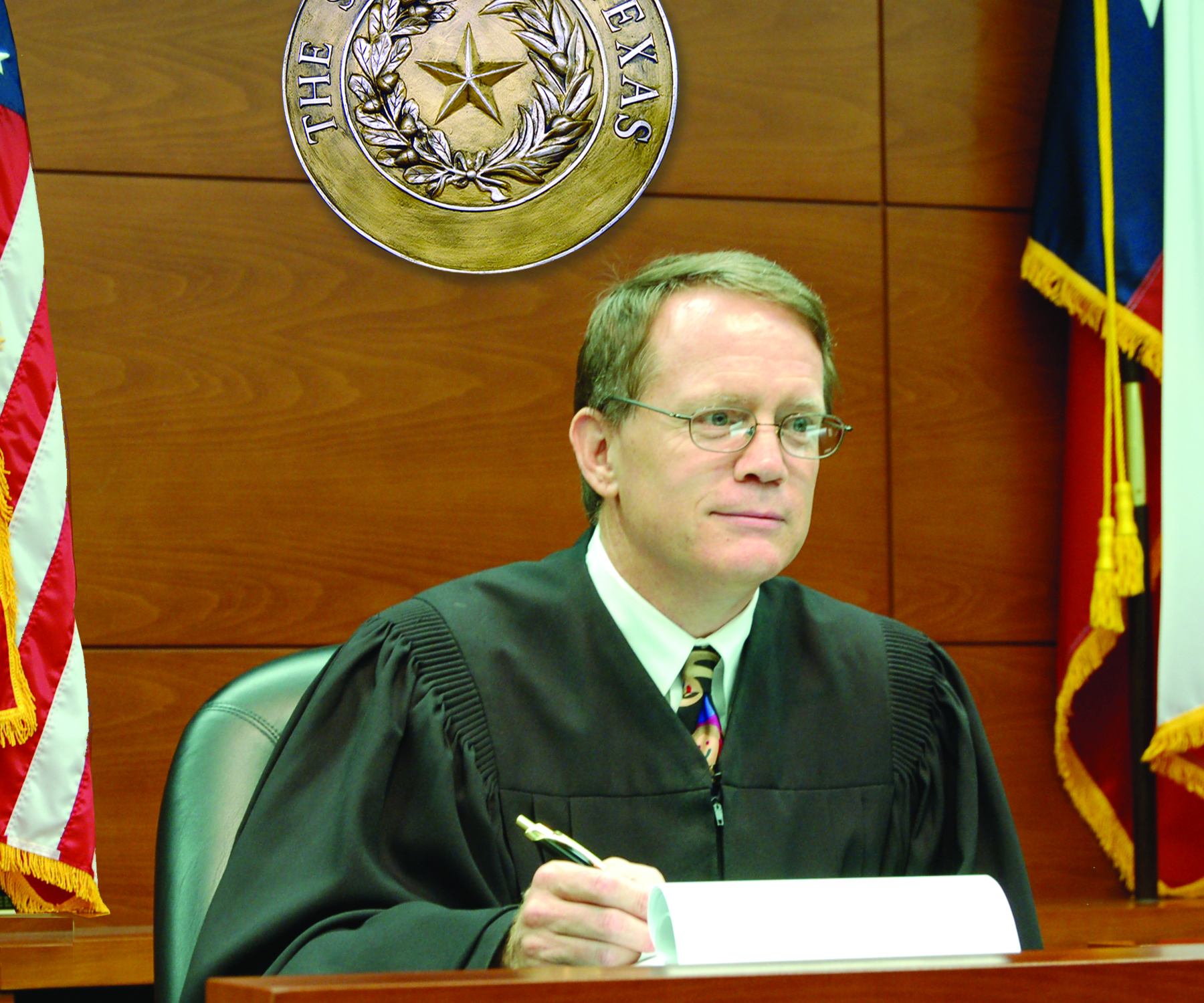 The Fifth Circuit’s recent opinion in Cutrer v. Tarrant County Local Workforce Development Board, discussed here on 600Camp, offers this fascinating tidbit about why a Texas county’s administrator is called a “county judge”:
The Fifth Circuit’s recent opinion in Cutrer v. Tarrant County Local Workforce Development Board, discussed here on 600Camp, offers this fascinating tidbit about why a Texas county’s administrator is called a “county judge”:
“The position of county judge is a remnant of Texas’s time as part of Mexico. Title II, Section VII of the 1827 Constitution of the State of Coahuila and Texas established Ayuntamientos (town councils), charged with municipal administration. And under Article 159 of the 1827 Constitution, the council was to include “Alcades.” “Alcade” is a Spanish term for a magistrate who performs both executive and judicial functions. Today, the county judge principally serves as the chief executive of a Texas county. See Tex. Const. art. V, §§ 16, 18. But in keeping with the historical pedigree of the office, a county judge still performs some judicial functions. See, e.g., Tex. Est. Code § 1002.008(a)(1); Tex. Health & Safety Code §§ 571.012, 573.012.”
A scholarly, yet highly readable article in the Texas Supreme Court Historical Society Journal by former Justice Jason Boatright offers further background on this modern-day legacy of Spanish and Mexican law.









